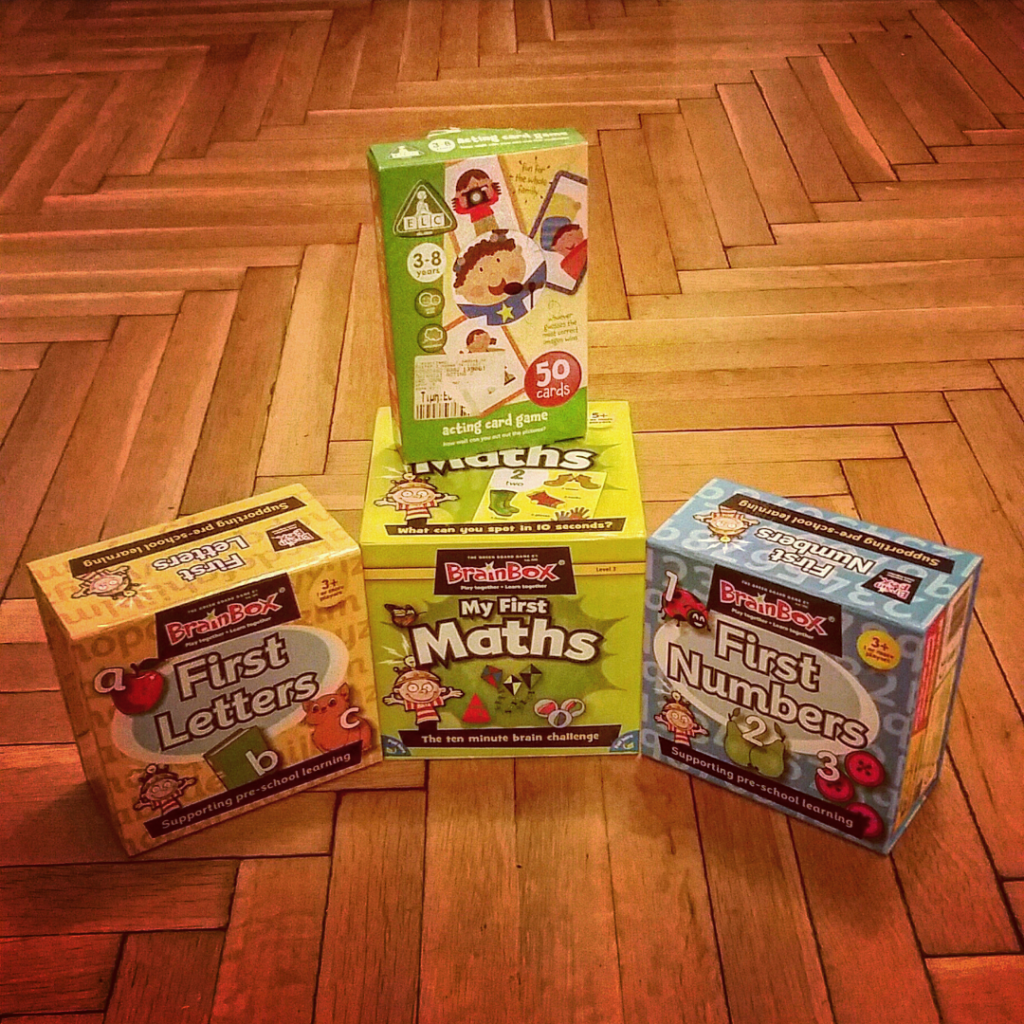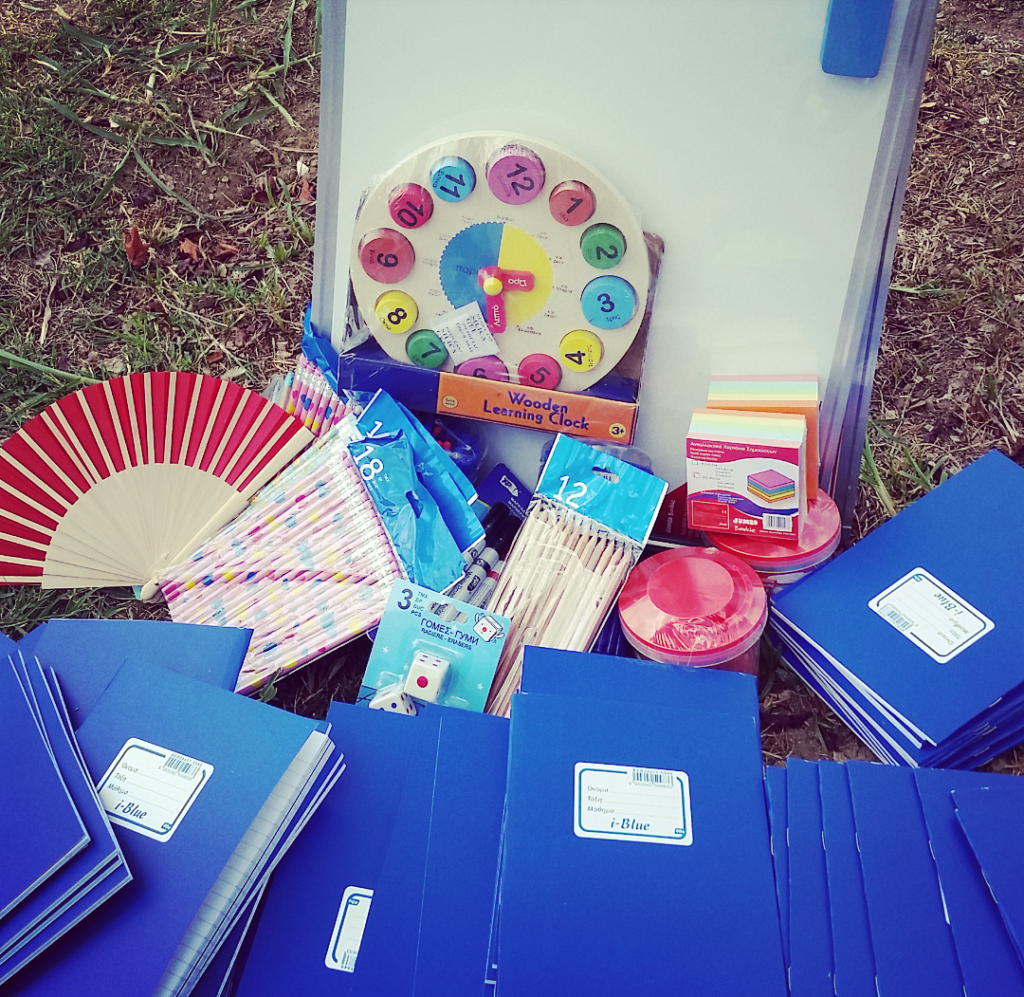As many people know, I´m currently in Greece volunteering in a refugee camp. The camp is The Elpida Factory, ran by Together for Better Days (Facebook and website), and what they´re doing is nothing short of amazing there. They are a group working together to create a welcoming and dignified space for people who have fled a war zone looking for protection. The residents in Elpida have three meals a day, beds, activities. The women have a women´s room. They now have English classes. Kids are being provided with activities based around learning. And an education centre is being built for them.
But unfortunately, no other camp is like that. Next week, we go on to another camp in which there are almost 500 residents and currently only eight volunteers are permitted entrance a day.
I´m sure most people are aware, but just quickly: Greece was inundated with boats that despicable smugglers pushed off from Turkey towards Lesvos. None of these were really anything more than just dinghies, made of plastic or wood or rubber that was tied or glued together. Many came apart in the water. Many were only filled with enough fuel to get them out of Turkish waters and into Greek waters. Many, too many—one was too many—went under. Women have left their countries alone with six children, many with a newborn baby strapped to their chests. These people, who have bussed and walked through mountains with gunfire and bombs, who have been on a boat, often forced on board if they tried to refuse, have all fled to find something better.
Instead they have ended up in camps.


Our treatment of people who have come searching for a better life is going to be taught in fifty years as something appalling, this I can promise you. Just as we have learnt of the atrocities our ancestors carried out (and that we are still doing) to our indigenous peoples, of the atrocities of World Wars, of death camps: future generations will look back and ask, “How? How did they let this happen?”
Elpida is doing amazing things, but it is only one camp among thousands that just do not have enough resources, or have been taken out of NGO hands.
I was struggling to come up with a way to express the things I´ve heard, the things I´ve been told and the things I´ve seen. So I went for a list. Please consider helping however you can: share information, share links, donate, volunteer, fundraise: anything is always better than nothing. See Better Days (the organisation that has started the amazing Elpida Factory), Dirty Girls of Lesvos (an amazing organisation ran by a very inspiring woman that focuses on washing and redistributing blankets and clothes that were originally getting put in the bin–seriously awesome stuff) and our Go Fund Me are three places to have a look at :).
The things I´ve learnt and thought in my first ten days in a refugee camp:
There is always more to do.
There is always too much to do.
But what you do get to do matters.
You have to say no to tiny faces asking for one more.
People will want to kiss you for handing them a stick of deodorant.
This will make you want to give them everything you have.
But then what about the next person?
The people with nothing will offer you some of their tea, a piece of their ration, even their dinner…accept it, sometimes. They want you to have it.
A child with nothing but donated clothes on their back, with a special gift of a sweet will share it with you, eyes wide and hands sticky and their look sincere.
You will want to say no, because you want them to have the sweet; you want them to have the world.
Some families have not been together in years, separated by borders and seas and war.
Some families left people behind.
Parents have had to accept they will never see their children again.
Children are alone in a world too big for them.
Babies and children will play with anything.
Seriously, anything.
A thirteen year old girl can kick your ass at chess.
Something as simple as a plant in the corner of a room will bring a wistful look to a woman’s face, nostalgia in her eye, and she may tell you she had one the same, but bigger, and she loved it…and now it’s gone, “because my house is gone, down…bang.”
This comment will leave you feeling hollow, then inadequate, then in awe when she shrugs away your empty condolences with the same wistful face because “It’s okay, my family is good.”
She is lucky that her family is good.
You will think the word “lucky” when someone has lost their entire house and walked across borders and taken a smuggled boat across a dangerous sea and lived in camps not fit for animals.
It’s humbling.
A woman can have a caesarean and three days later be back in a camp in an open tent on a dirt floor in which the father won’t sleep because he is worried the rats will get to the baby on the dirty tent floor.
This is not uncommon.
Refugees will kill two meter long snakes in the camp. Every day.
Scorpions and spiders are bed mates.
Children who are playing with delighted smiles will suddenly say comments such as, “like the bombs”, “they’re all dead” and “don’t think about it, you don’t have to.”
These children will be too small to say such things.
Everyone is too small to have to say such things.
People will tell you the things they’ve seen that words can’t even express.
I have never heard anyone speak with more hatred for ISIS than a refugee.
Because no one hates ISIS more than a refugee.
People will laugh, and smile, and tell bad jokes, and flirt, and giggle, and play, and live, always, because they are all just that: people.
Like you. Like me.
Everyone has a story
All of them will make you want to cry.